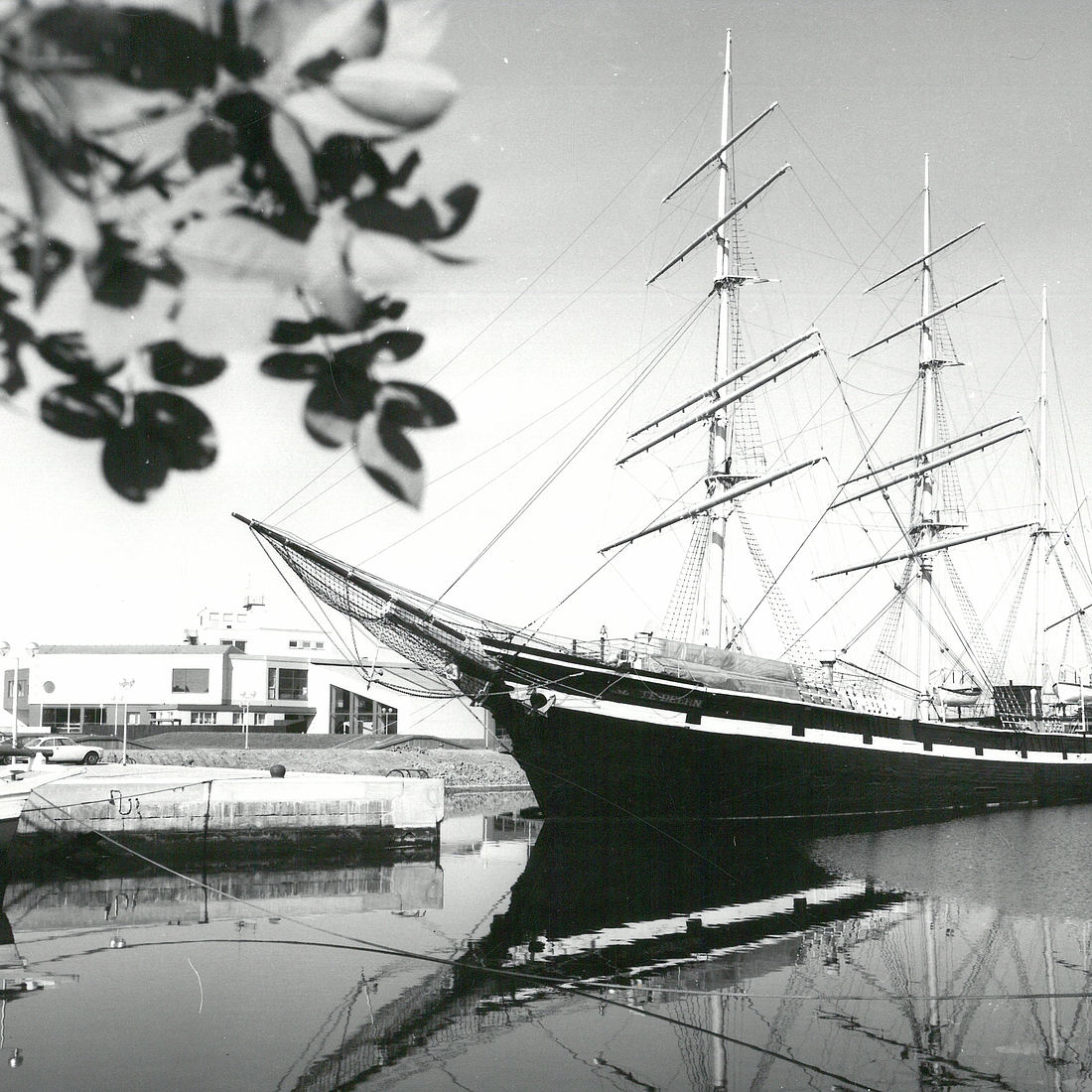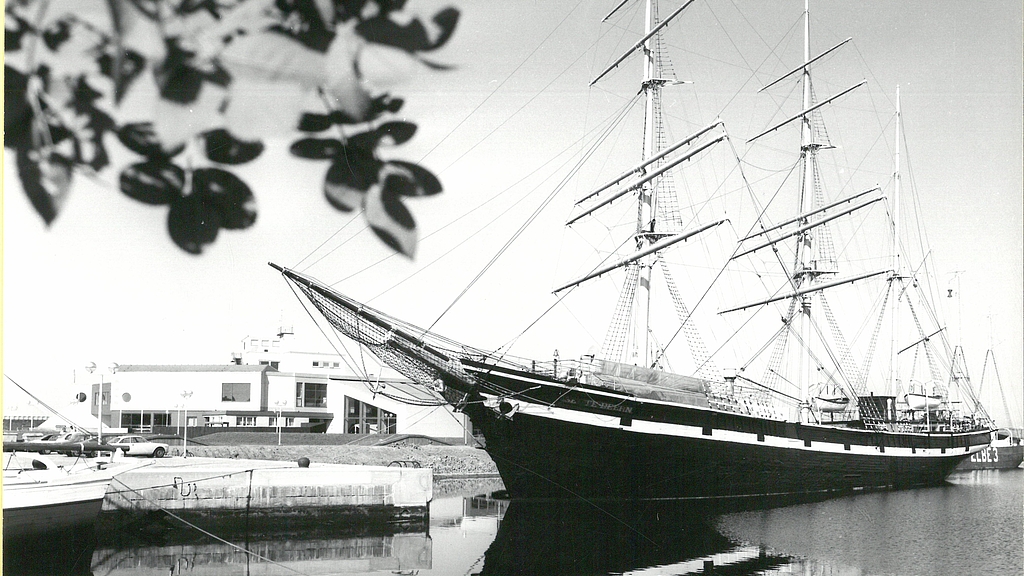What can be learned from the example of the SEUTE DEERN?
The example of the SEUTE DEERN raises many questions. What do we as a society want to preserve as cultural heritage? And how much is the preservation of cultural assets worth to us in a specific case? Which - perhaps unusual - technical ways must be found for this? One thing is certain: cultural heritage is a gift from our ancestors. Preserving it can only succeed as a joint task. All over the world, however, cities, municipalities and museums have great difficulties in preserving historic ships - especially those that are still floating in the water today. Not only wood is finite in its lifetime in the water, but steel also needs regular renewal. No shipbuilder could ever have imagined that his watercraft would one day be classified as an object worthy of historical protection. Unlike pyramids, castles or cathedrals, ships were not meant to survive for centuries or even millennia, but were usually designed for an operating life of 20 to 30 years.
If we classify them as historically significant today, we must at the same time consider how we want to preserve them and how we can preserve them. The deed of foundation stipulates that the State of Bremen and the City of Bremerhaven as donors will ensure the preservation of the ships by providing financial means. The fact that this is associated with considerable costs was not sufficiently taken into account when the museum was founded.
For all those who were and are responsible in our museum, this was and is a major problem that could never be fundamentally solved. If the loss of the SEUTE DEERN shows one thing, it is this: The museum harbour needs a sustainable perspective. Together with our founders, our supporters' association and our discussion partners at national level, we are working to ensure that the Museum Harbour once again becomes a lively, attractive place in the heart of Bremerhaven and in the hearts of the people of Bremerhaven. A place that makes maritime history tangible for tourists and locals alike - embedded in the city centre and in a network of different players.


